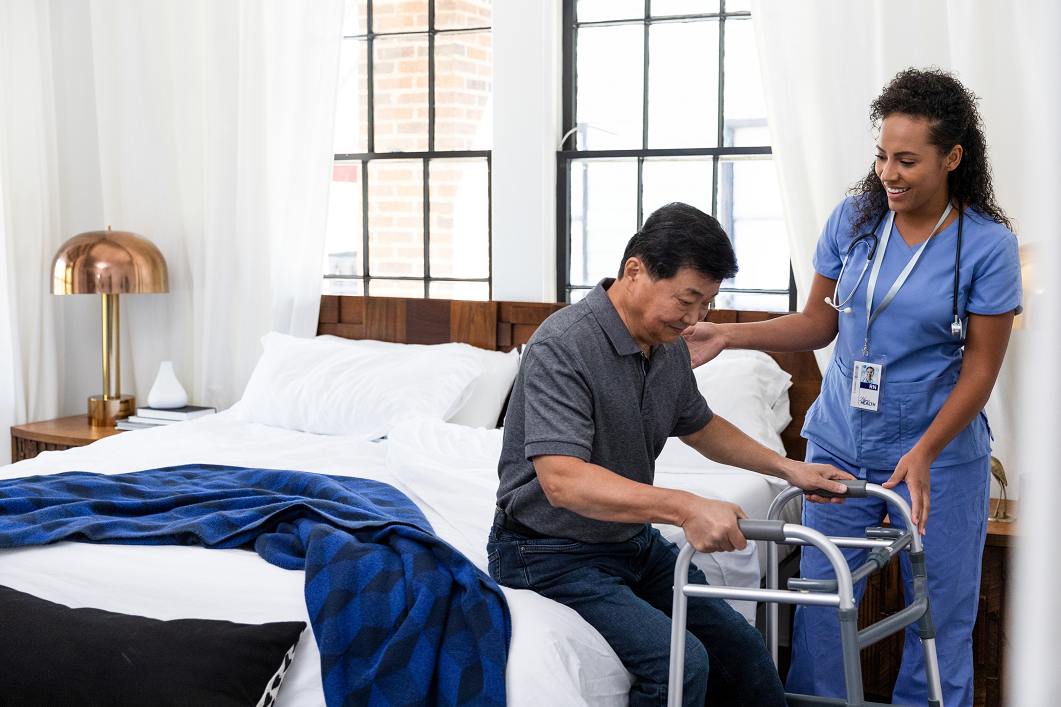In the realm of healthcare, the impact of compassionate carers extends far beyond the walls of medical facilities. These dedicated professionals not only provide essential care to individuals but also play a pivotal role in building supportive communities. Let’s explore how the influence of carers resonates within families and communities, creating a tapestry of empathy, resilience, and interconnectedness.
- Extending a Helping Hand to Family Caregivers
Empowering Families Through Respite Care
Carers often act as a lifeline for family caregivers who may be shouldering the responsibilities of caring for a loved one at home. Respite care, provided by compassionate professionals, offers family members the much-needed break to recharge and attend to their personal needs. The impact is profound – by supporting family caregivers, carers contribute to the overall well-being of the entire family unit, fostering a sense of unity and shared responsibility.
- Fostering Emotional Well-being in Communities
Creating Safe Spaces for Emotional Expression
Compassionate carers are not just adept at addressing physical needs; they excel in providing emotional support to individuals and families. By creating safe spaces for open communication, carers become pillars of strength for those navigating the emotional challenges of illness or caregiving. This emotional support extends beyond the immediate care recipients, influencing the broader community by fostering empathy and understanding.
- Nurturing a Culture of Inclusivity
Promoting Diversity in Care Practices
Carers, by embracing diversity in their care practices, contribute to the creation of inclusive communities. In a world rich with various cultures, beliefs, and practices, carers who respect and incorporate these differences into their care approach create environments that celebrate diversity. This inclusivity extends beyond healthcare facilities, influencing community dynamics and promoting a culture of understanding and acceptance.
- Reducing Social Isolation Through Community Care
Connecting the Dots Between Healthcare and Community
For individuals who may be at risk of social isolation, community care initiatives led by compassionate carers bridge the gap between healthcare and community support. Regular check-ins, group activities, and community engagement efforts become catalysts for reducing loneliness and fostering a sense of belonging. The impact is transformative – individuals who may have felt isolated now find themselves part of a caring and supportive community.
- Advocating for Healthcare Literacy
Empowering Communities Through Education
Carers are not only providers of care but also advocates for healthcare literacy within communities. Through educational initiatives, workshops, and awareness campaigns, they empower individuals to take charge of their health. This proactive approach to healthcare education ripples through communities, creating a collective consciousness about the importance of preventive care and overall well-being.
Conclusion
The impact of compassionate carers transcends the traditional boundaries of healthcare facilities, influencing families and communities in profound ways. By extending their support to family caregivers, fostering emotional well-being, promoting inclusivity, reducing social isolation, and advocating for healthcare literacy, carers become architects of supportive communities. In recognizing and celebrating the broader impact of carers, we acknowledge their role not only in healing individuals but in nurturing the fabric of communities that thrive on empathy, resilience, and interconnectedness.



